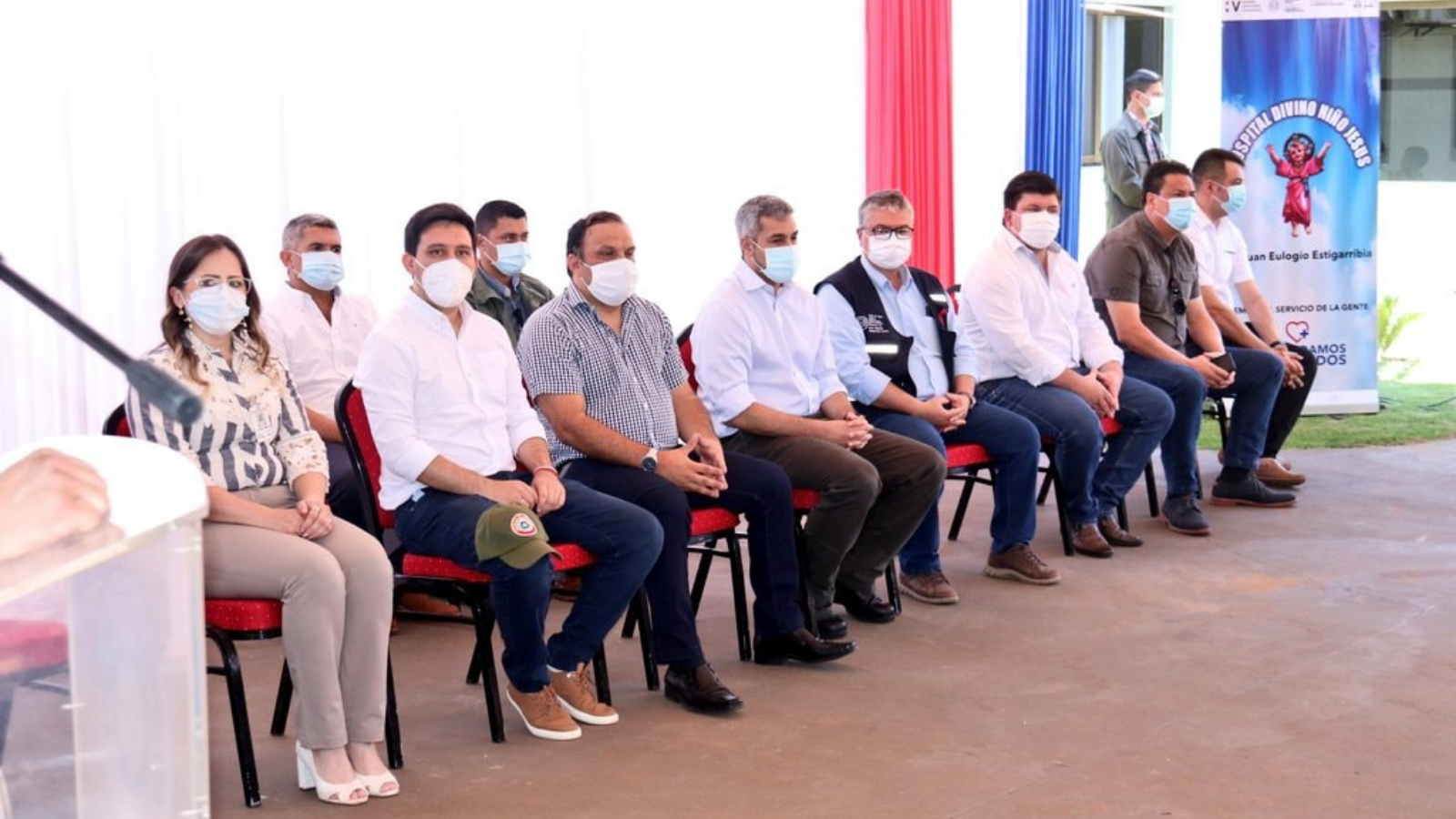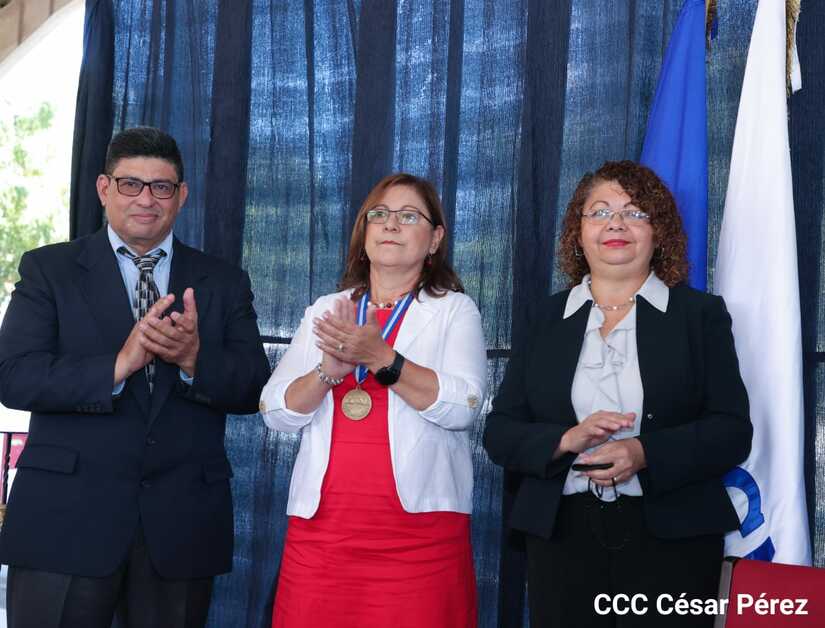The transition to renewable energies is the task that Latin American (LA) countries have set themselves to achieve decarbonization and reduce dependence on fossil fuels, but that is not the only challenge. Universal access to electricity is also being pursued for more than 19 million people, or 3% of the 667 million inhabitants of the region who still do not have this service.
In Panama, it is estimated that there are 95 thousand people who do not have access to electricity. There are also some 77 million people in Latin America who use firewood for cooking.
From this Thursday to this Friday, Panama is the host country of the Fifth Ministerial Meeting of the Energy and Climate Partnership of the Americas (ECPA, for its acronym in English), which is held every two years, and on this occasion its central theme is “just and inclusive energy transitions”.
Through the face-to-face and virtual meeting, organized by the National Energy Secretariat (SNE), parallel meetings are held between the ministers of energy and representatives of other organizations where matters related to the transition, electric mobility, financing and regulation, among others, are analyzed. others.
As part of the inauguration, in a virtual message, John Kerry, Special Presidential Envoy for Climate in the United States, expressed the need to move towards renewable energies and stressed that “we need to accelerate that transition”, which will generate thousands of jobs.
For his part, the president, Laurentino Cortizo, also in a virtual message, affirmed that the Government’s energy strategy seeks to empower communities in the management of energy supply systems with emphasis on rural areas, with the purpose of increasing access to employment opportunities and promote productivity with renewable energy.
In this sense, the Secretary General of the Organization of American States (OAS), Luis Almagro, expressed how important the role of Panama is in achieving a fair and inclusive energy transition, due to its globally recognized advantages, as a logistics, commercial and business.
During yesterday’s session, Rayen Quiroga, head of the energy and water unit of the Economic Commission for Latin America and the Caribbean (ECLAC), stressed that the region still shows a great dependence on fossil energy sources. 65% depends on oil, coal and natural gas, with the transport and industrial sectors being the most dependent on fossil fuels, she said.
According to the SNE, the meeting of ministers will allow it to promote a regional energy transition agenda and also represents an opportunity to promote shared energy leadership, cooperation, and integration in the Americas to achieve net zero emissions by 2050.



